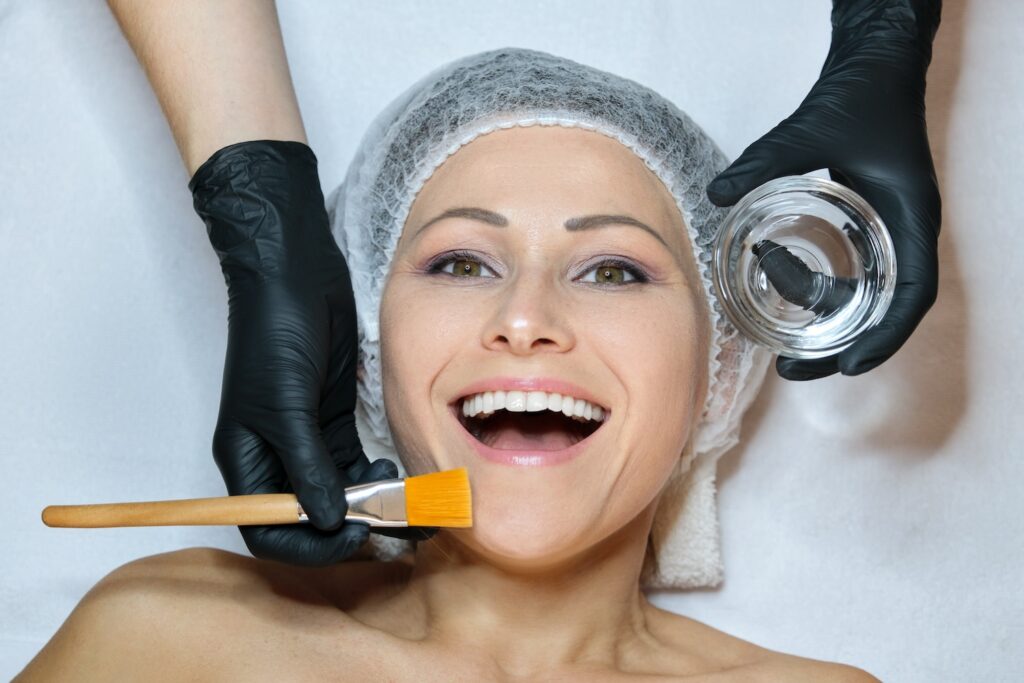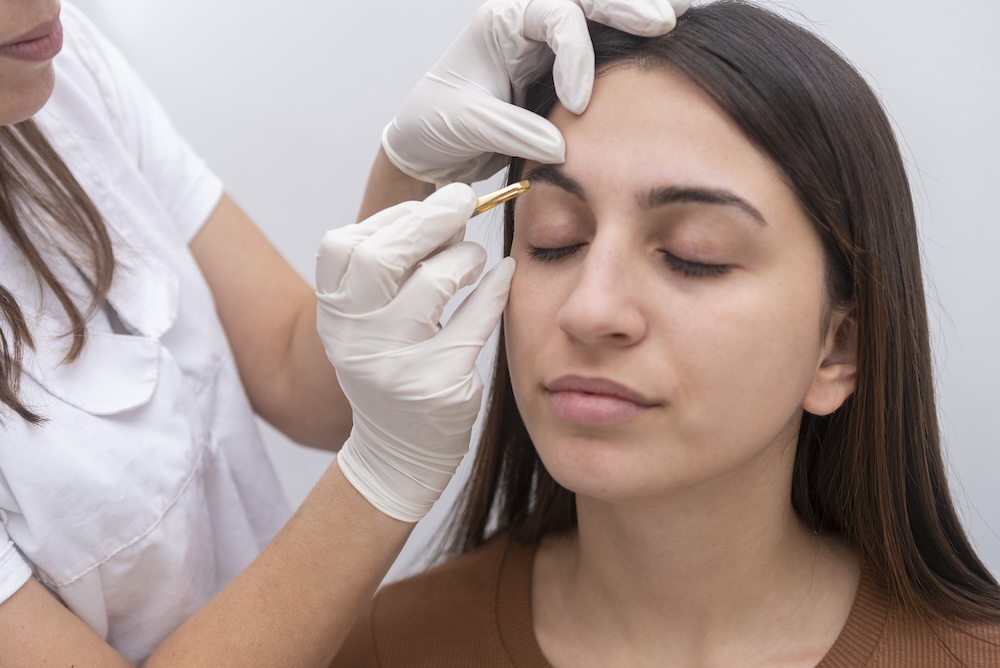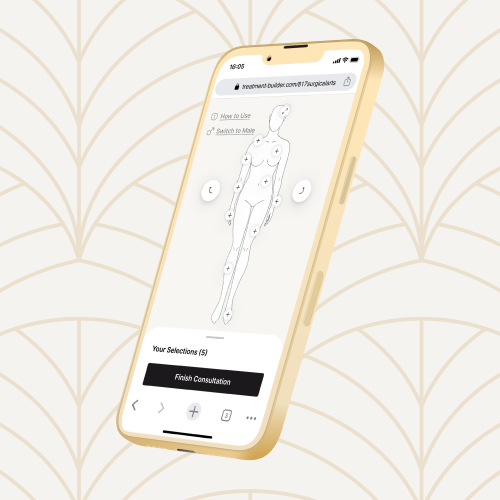
If you have noticed a change in your complexion and are bothered by it, you can adjust your skin care routine to help correct it. Here’s how.
Skin care is more than just washing your face. A good routine also combines these three elements:
Prevention: using an antioxidant (such as vitamin C serum) can prevent damage and neutralize free radicals that can harm the skin
Correction: using products designed to brighten the skin (retinol), reduce redness (niacinamide), add moisture or contain growth factors (hyaluronic acid) to address fine lines can help even your complexion
Protection: using SPF is key to protecting your skin from further damage
These steps give your complexion the nutrients it needs to function at its best and troubleshoot or target any areas that need work.
At 817 Surgical Arts, triple-board-certified facial plastic and cosmetic surgeon Dr. Emily Johnson and our staff have extensive skin care knowledge. We’ve hand-selected the best medical-grade skin care lines to provide products tailored to your needs.
What are considered complexion changes?
A ruddy complexion refers to a reddish facial color. Ruddiness can be temporary due to physical exertion, working hard, sunburn, hot flashes, certain medications, spicy foods, hot or cold weather, wind chapping, and emotions like anger and embarrassment.
However, ruddiness from red patches on the face may indicate something more, such as rosacea, a long-lasting skin disorder. Rosacea starts as redness on the cheeks, nose, chin, and/or forehead and may even look like an outbreak of pimples. Over time, though, the redness leads to inflammation, sensitivity, and sometimes skin thickening.
If your ruddy complexion is due to rosacea, you may benefit from oral or topical antibiotics. For more serious cases, RF microneedling or laser therapy removes visible blood vessels and reduces redness and thickened, bumpy skin.
Psoriasis and eczema, known for dry, red rashes, can also make your complexion appear ruddy, as can several other medical conditions.
Depending on the underlying cause of your ruddy complexion, a good skin care routine may help even your tone, reducing redness while hydrating for health.
A complexion may also change due to acne scarring or general signs of aging such as fine lines and wrinkles. There are a few key products that can help attach these texture changes and fine lines including products containing growth factors, hyaluronic acid, and retinol. If you concerns are more in the area of dark spots on your face or hands, radio frequency microneedling and retinol will help!
How do I know what products to use?
At your initial evaluation with 817 Surgical Arts, Dr. Johnson performs a skin analysis with the Skinceuticals® Skinscope to identify any skin issues. During the analysis, all you have to do is rest your chin on the scope; Dr. Johnson does the rest.
Once the analysis is complete, she discusses the results with you and asks about your current skin care products, any skin concerns you have, and your medical history. Then, she chooses the best products for your individual needs.
What are the recommendations for the three steps of the routine?
Washing your face twice daily is the first and most essential step of any routine. Every day, your skin comes in contact with environmental pollutants, dirt, and other factors, and washing helps you avoid clogged pores, dullness, and acne.
Your cleanser formula should match your skin type and clean your skin without stripping away essential, healthy oils. You should also look for noncomedogenic products because they’re less likely to clog pores or trigger acne by occluding the skin, blocking oil glands, or irritating the hair follicles. Note that the Food and Drug Administration doesn’t regulate this claim, but many companies perform their own tests to determine whether a product should be termed comedogenic.
Toners are supplements — thin liquids that deliver extra nutrients while helping the other products in your regimen absorb better and balance your complexion. You should use them after cleansing but before applying anything else. Some ingredients to look for in a toner include:
- Alpha and beta hydroxy acids: gently remove dead skin cells that clog pores, improve sun-damaged skin, and minimize dullness
- Hyaluronic acid: boosts hydration and plumps skin to subtly treat fine lines
- Rose water and green tea: mixture calms irritation and reduces redness with an anti-inflammatory effect
- Vitamin E and C: fight daily exposure to free radicals that can age your skin
If you’re using exfoliating products like hydroxy acids, it’s best to use them every other day.
Moisturizing serums contain concentrated active ingredients and can mitigate several issues, from dark spots to wrinkles. Everyone can benefit from an antioxidant in the morning, but to handle specific issues, look for these products to help you prevent, correct, and protect:
- Hyaluronic acid: seals in hydration and strengthens the skin barrier to prevent moisture loss
- Vitamin C: helps brighten dull skin and decreases dark spots with continued use
- Retinol, vitamin B3, and peptides: stimulate the production of collagen and elastin, structural proteins that give your skin strength and resilience
- Colloidal sulfur and niacinamide: calm redness and irritation by decreasing inflammation; improve acne with antimicrobial effects
- SPF: protect your skin from damaging UV rays
Using multiple formulas may be the best way to go if you have multiple concerns.
A good skin care routine is a great place to start if you’re bothered by complexion changes or other facial cosmetic concerns. To learn more about how our products can help or to schedule a consultation with Dr. Johnson, call/text 817 Surgical Arts at 817-290-9900, or book online with us today.


